
UL2849: Are E-Bike Batteries Safe? Complete Guide
Understanding E-Bike Battery Safety
E-bikes are becoming more popular every day. At the same time, we keep seeing scary news stories about battery fires that can hurt people and damage homes. Many people who own e-bikes or want to buy one are asking an important question: "Are e-bike batteries safe?" The short answer is yes, but only when they meet strict safety rules. While lithium-ion batteries do have some risks, these risks can be controlled when companies follow the right safety standards.
The most important safety standard for e-bikes is called UL 2849. This isn't just some boring technical term that doesn't matter to regular people. UL 2849 is a complete safety check for the entire electrical system of an e-bike, not just one part. Knowing what UL 2849 means, why it matters, and how to check if your e-bike has it is the best way to stay safe. This guide will teach you everything you need to know so you can ride without worrying about safety.

A System-Wide Safety Net
To understand why UL 2849 is so valuable, we need to know what it actually covers. Many people think it only checks the battery, but that's not true. UL 2849 looks at the e-bike as one complete electrical system where all the parts work together safely.
More Than Just the Battery
When an e-bike catches fire or has electrical problems, it's usually not because one part broke by itself. The real danger comes when different parts that weren't designed to work together start causing problems for each other. This is exactly why UL 2849 tests the whole system instead of just individual pieces. When an e-bike gets certified by UL Solutions, the organization that develops the standard, it means engineers have carefully tested all these parts working together:
The Battery Pack includes the lithium-ion cells and the Battery Management System (BMS), which is like a computer that stops the battery from overcharging or getting too hot. The Charger must talk correctly with the battery's BMS to give the right amount of power and stop charging when the battery is full.
The Motor and its controller are tested to make sure they don't pull too much power from the battery, which could cause dangerous overheating. The Controller acts like the brain of the e-bike and must safely control electricity flowing between the battery, motor, and other parts. All the wiring gets checked to make sure it has good protection against damage from bumps and water.
Dangers It Prevents
The technical tests in UL 2849 directly stop the real dangers that riders worry about most. By testing harsh conditions, this certification protects against several serious hazards.
Fire hazards are the biggest concern for most people. The main cause of e-bike battery fires is something called "thermal runaway," where one cell gets too hot and causes nearby cells to overheat in a chain reaction. UL 2849 testing includes checks for overcharging, short circuits, and extreme temperatures to prevent the conditions that cause this dangerous situation.
Electric shock is another serious risk that the standard addresses. UL 2849 requires strict testing of all electrical parts and wiring to make sure no exposed wires or broken components can shock the rider, especially when riding in rain or while charging. Mechanical failures can also be dangerous since e-bikes deal with bumps, vibrations, and sometimes crashes.
The standard includes tough tests for vibration, crushing, and dropping the battery pack, plus extensive water tests to make sure the electrical system can handle real-world riding without breaking.
The Critical Difference
When you research e-bike safety, you'll probably see another standard called UL 2271. You need to understand that these two certifications are related but definitely not the same thing. Getting them confused can make you think you're safer than you really are.
Think about it this way: UL 2271 is like having a car's gas tank tested to make sure it doesn't leak. That's good, but it doesn't tell you anything about the fuel lines, the engine's electronics, or the ignition system. UL 2849 is like a 5-star vehicle crash and safety rating that checks the entire fuel system, engine, and electronics all working safely together as one complete vehicle.
Here's a clear comparison of the differences:
| Feature | UL 2271 (Component-Level) | UL 2849 (System-Level) |
|---|---|---|
| Primary Focus | The battery pack itself | The entire e-bike electrical system |
| Components Tested | Battery, cells, BMS | Battery, charger, motor, controller, wiring |
| Safety Goal | Prevent battery failure in isolation | Ensure all parts work safely together |
| Analogy | A certified engine part | A 5-star vehicle crash safety rating |
| Verdict | Good, but not enough for an e-bike | The gold standard for e-bike safety |
While UL 2271 certification for a battery is better than nothing, it's not enough to make an entire e-bike safe. The biggest risks happen when the battery, charger, and motor controller don't work well together. Only UL 2849 tests this complete system, making it the only certification consumers should look for when buying an e-bike.
Beyond the Badge
UL 2849 certification is the best tool for making sure an e-bike's electrical system is safe, but it's not magic protection. The certification only applies to the bike exactly as it was tested and sold by the manufacturer. Real long-term safety depends on both the company that made the bike and the person who owns it working together.
A one-time test can't control how someone uses, takes care of, or changes their bike over the years it gets used.
User Responsibility is Key
From our experience working with e-bikes, we've seen many problems that happened not because the manufacturer made a mistake, but because the owner didn't take proper care of their bike. UL 2849 certification assumes people will use the product the way it was meant to be used. Here are the most important things every owner must do to stay safe:
Use only the original charger that came with your bike, and never use a third-party or "universal" charger from another company. The charger that comes with a UL 2849 certified e-bike has been tested to work specifically with that bike's battery and BMS system. A different charger can give the wrong amount of power or fail to stop charging, which can lead directly to overcharging and a fire.
Don't make modifications to try and unlock more speed or power by tampering with the battery, controller, or wiring. These changes can bypass the safety systems that were a main part of the certification, creating a very dangerous electrical system that was never tested. Store and charge your battery properly since lithium-ion batteries don't handle extreme temperatures well.
Never leave your battery charging or stored in direct sunlight, a hot car, or freezing conditions. Always charge in a dry, open space away from things that can catch fire.
Check your battery after crashes or impacts by carefully looking at the battery case for any damage like cracks, deep dents, or swelling. If you see any damage or if the battery starts making weird noises or smells, stop using it right away, disconnect it from the bike, and put it in a safe place outside away from anything that can burn.
Aftermarket and Counterfeits
The UL 2849 certification on your e-bike becomes worthless the moment you connect a part that wasn't certified to work with it. Unfortunately, the market has lots of cheap, uncertified replacement batteries and chargers. While the low price might look tempting, using one of these products destroys the entire safety promise of your original purchase.
These products haven't been tested to work with your bike's system and are a main cause of battery-related accidents. The U.S. Consumer Product Safety Commission (CPSC) warnings often talk about the extreme dangers of these uncertified aftermarket products. Always buy replacement parts directly from the company that made your original bike.
Your E-Bike Action Plan
Now that you understand what UL 2849 means, you can use this knowledge to make a smart plan for buying and owning an e-bike safely. This is about making good, informed choices right from the start.
Step 1: Before You Buy
Your research should start before you ever think about buying an e-bike. Being careful at this stage is your best protection against unsafe products.
We recommend using this checklist: Check the product page carefully and look for the official UL certification mark or clear text saying that the "entire e-bike system is certified to UL 2849." Watch out for confusing language like "uses UL-compliant cells" or "built to UL standards" because these phrases don't mean the bike is actually certified. If the certification status isn't completely clear on the product page, contact the company's customer support directly.
Ask a specific question: "Is the complete e-bike model [insert model name] certified to the UL 2849 standard?" A good company will give you a clear yes or no answer. When reading user reviews, look specifically for comments about the battery, charging experience, or any electrical problems.
Look for patterns in what people say about reliability and customer support. As recommended by guidance from consumer advocacy groups like Consumer Reports, paying attention to other users' long-term experiences can give you valuable information.
Step 2: Verify the Certification
Unfortunately, any company can put a logo on their website without actually having the certification. The final and most important step is to check their claim yourself using an independent source. This is where you "trust but verify" what the company told you.
The only reliable source for UL certification is their official public database.
Here's exactly how to check for yourself: Go to the official UL Product iQ database where you might need to create a free account. In the search bar, type the manufacturer's name (like "Trek Bicycle Corporation") or the specific model name. Look for a listing under the category code for e-bikes, which is "FKIS," and the standard should say UL 2849.
If the e-bike brand or model doesn't show up in this database under UL 2849, it's not officially certified, no matter what the company claims on their website. This simple check is your ultimate guarantee of safety.
The importance of this verification is highlighted by new laws in places like New York City, which as of late 2023 has made UL 2849 certification a legal requirement for selling any e-bike.
The Bigger Picture
The focus on UL 2849 isn't just a trend among consumers; it's part of a bigger change toward safer transportation options. Governments, safety organizations, and the industry itself are realizing that strong safety standards are absolutely necessary.
A Growing Wave of Regulation
The terrible fires and injuries caused by uncertified products have led to strong action from lawmakers. The law in New York City is an important example that effectively bans the sale of e-bikes that haven't passed UL 2849 testing.
The U.S. Consumer Product Safety Commission (CPSC) has also taken a firm position by urging all manufacturers and importers to follow the standard and increasing enforcement against companies that don't comply. This isn't just happening in the United States either.
It's a worldwide concern, with organizations around the globe creating their own international safety guidelines to address the risks of lithium-ion batteries in electric transportation devices.
What This Means for You
This push for better regulations is really good news for consumers. It will gradually force low-quality, unsafe e-bikes out of the market, making the minimum safety level higher across the entire industry.
As a rider, this means it will become easier to find safe, reliable products in the future. However, for now, you still need to be careful and do your homework.
The single most important decision you can make for your safety and the safety of people around you is to choose an e-bike with complete, verified UL 2849 certification. It gives you a proven foundation for a safe and fun riding experience.
In the world of e-bikes, being an informed rider means being a safe rider. We've explained UL 2849 in simple terms, showing that it represents complete system safety and how it's much better than certifications that only check individual parts like UL 2271. We've also explained why taking responsibility as an owner is still very important.
Most importantly, you now have the tools to check a manufacturer's claims for yourself. By making UL 2849 certification a priority when you buy an e-bike, you're not just getting a bike; you're investing in your safety, your home's safety, and making sure your ride will be reliable for years to come. Now you can ride with real confidence.
FAQ
Q: What's the difference between UL 2849 and UL 2271 certification for e-bikes?
A: UL 2271 only tests the battery pack by itself, while UL 2849 tests the entire e-bike electrical system including the battery, charger, motor, controller, and wiring all working together. UL 2849 is much more comprehensive and is the only certification that ensures all components work safely as a complete system.
Q: How can I verify if my e-bike really has UL 2849 certification?
A: Check the official UL Product iQ database at productiq.ulprospector.com. Search for your bike's manufacturer or model name and look for listings under category code "FKIS" with standard UL 2849. If it doesn't appear in this official database, the bike isn't actually certified regardless of what the company claims.
Q: Can I use a different charger with my UL 2849 certified e-bike?
A: No, you should only use the original charger that came with your bike. The charger is part of the certified system and has been tested to work specifically with your bike's battery and management system. Using a different charger can void the certification and create serious safety risks including fire hazards.
Q: What should I do if my e-bike battery gets damaged in a crash?
A: Stop using the battery immediately and inspect it carefully for cracks, dents, or swelling. If you see any damage or notice unusual noises or smells, disconnect the battery from the bike and place it outside in a safe area away from flammable materials. Contact the manufacturer for guidance on safe disposal and replacement.
Q: Are there any laws requiring UL 2849 certification for e-bikes?
A: Yes, some jurisdictions like New York City have made UL 2849 certification a legal requirement for selling e-bikes as of late 2023. The U.S. Consumer Product Safety Commission also strongly recommends this certification, and similar regulations are being developed in other areas due to safety concerns about uncertified products.

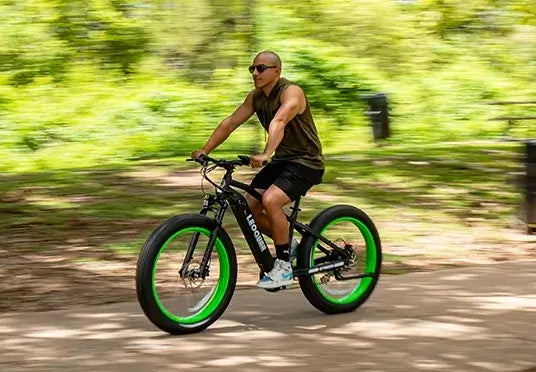


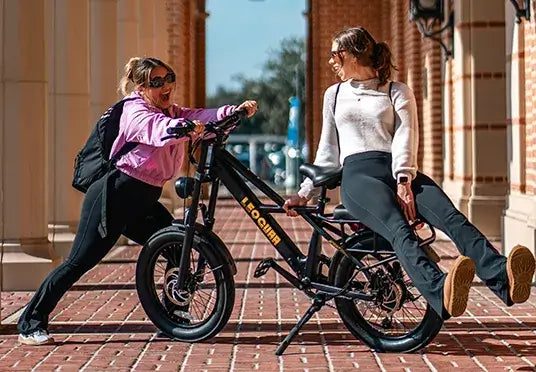

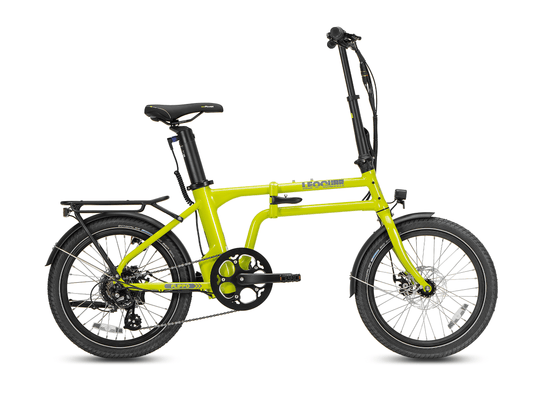

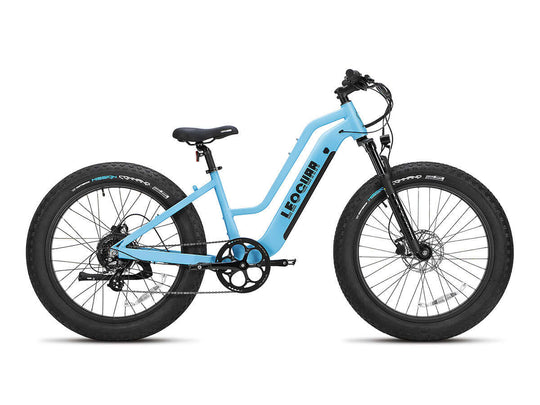
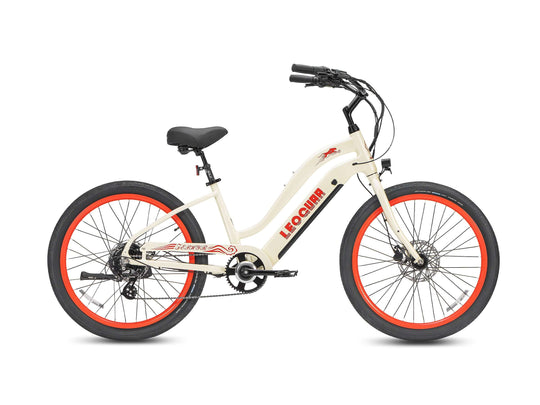
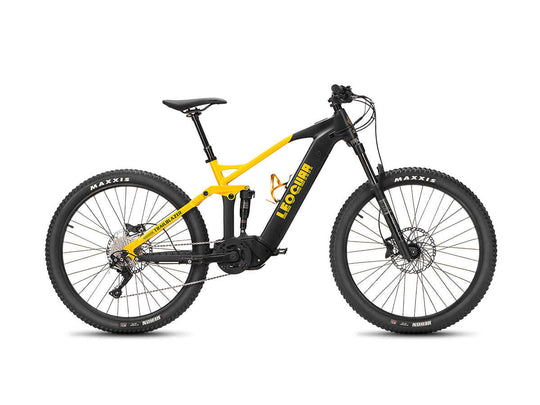
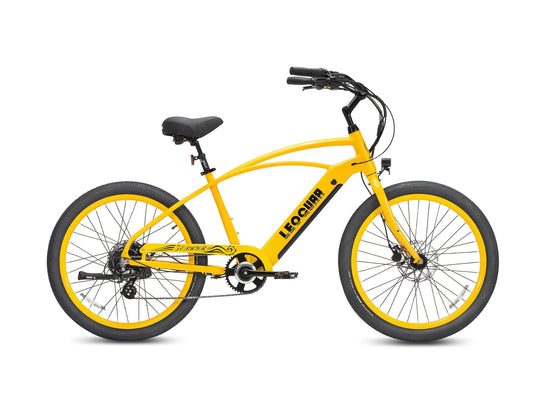
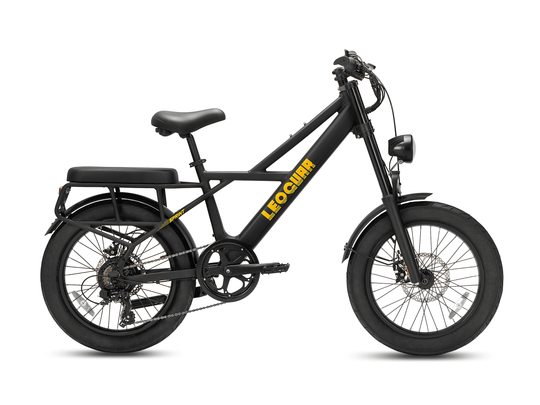
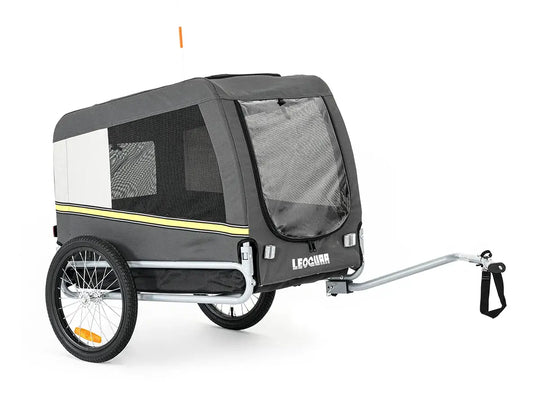
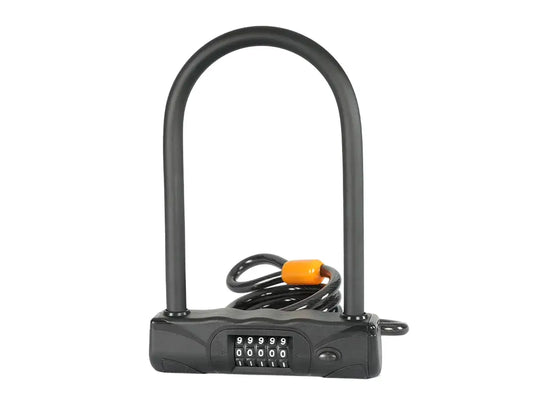
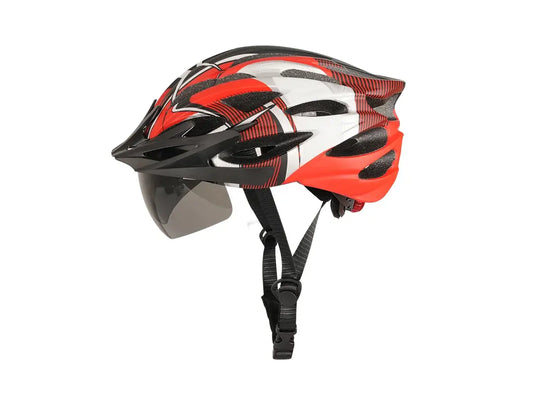
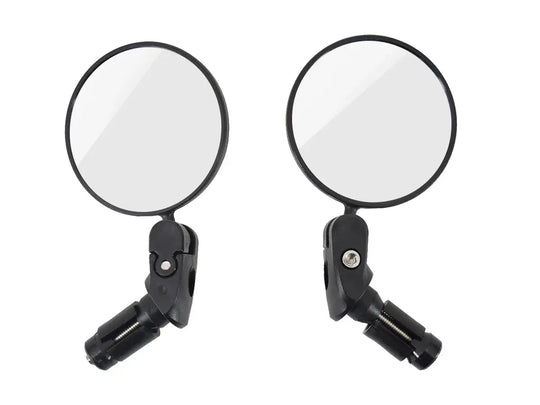
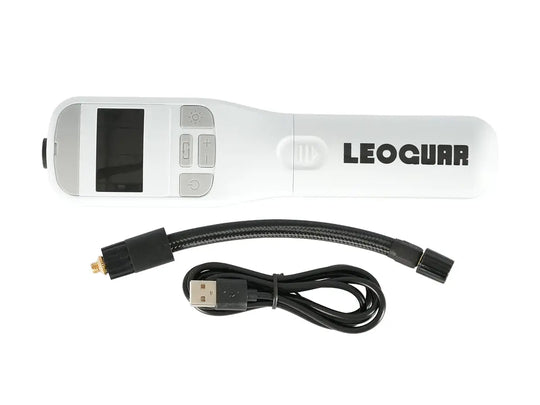
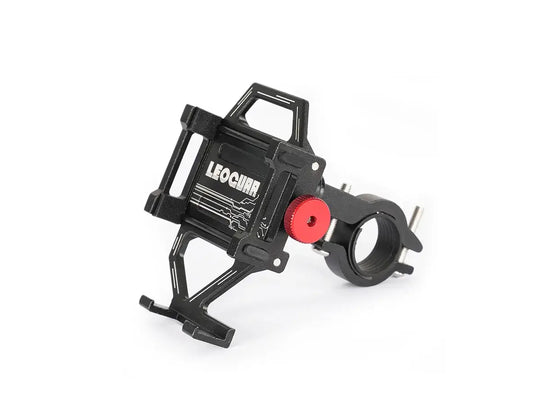
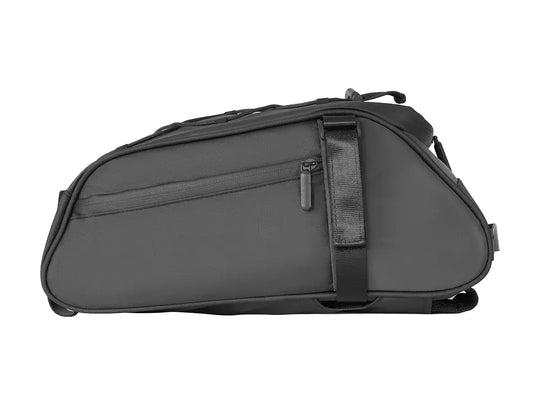
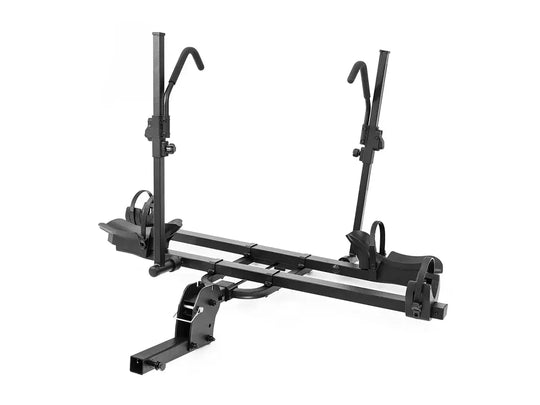
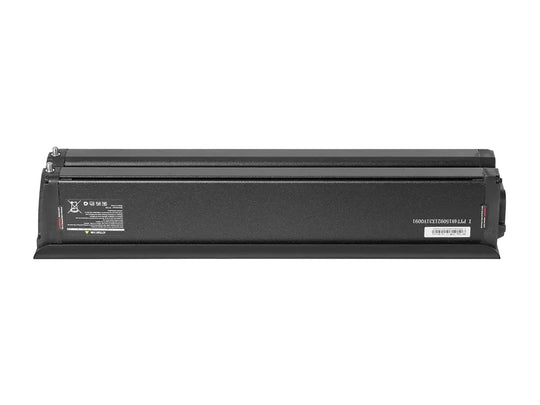
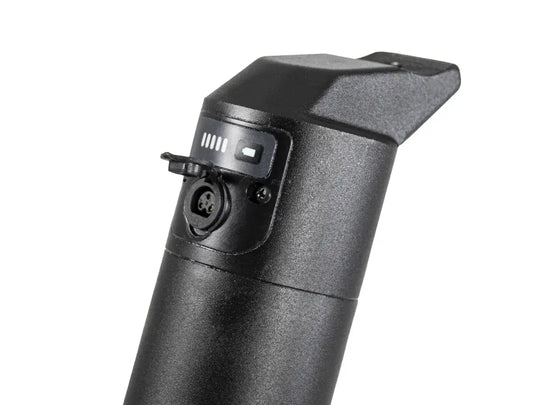
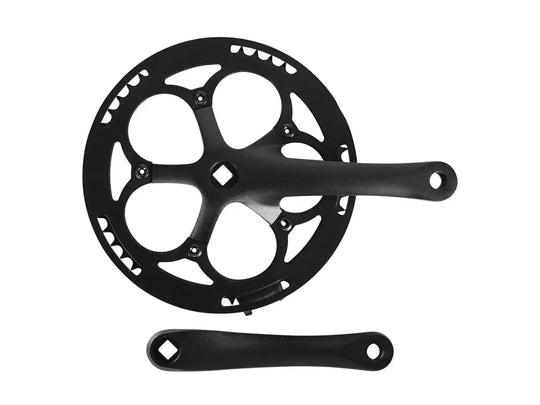
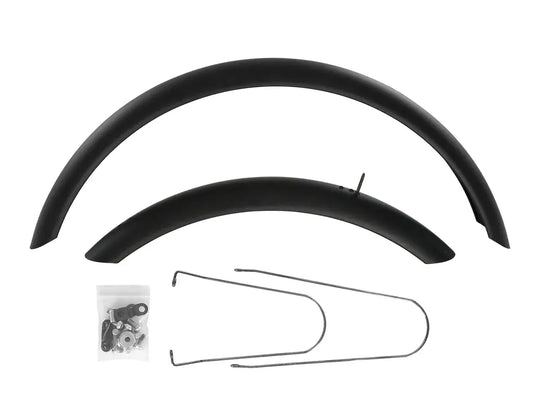
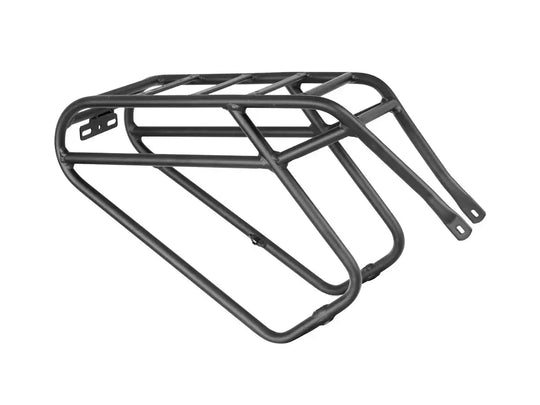
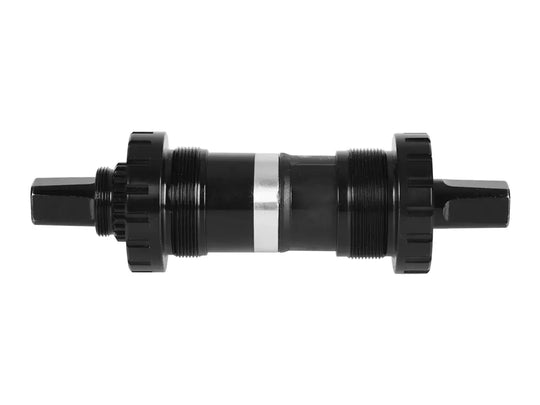

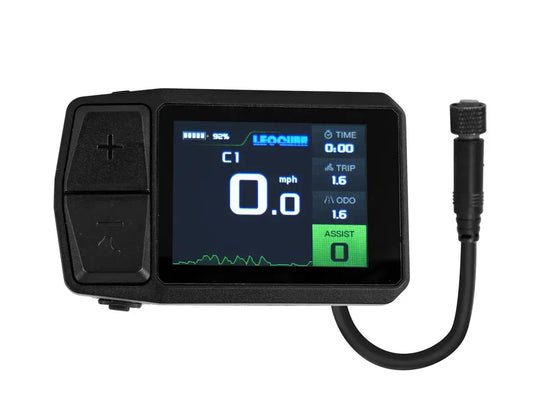
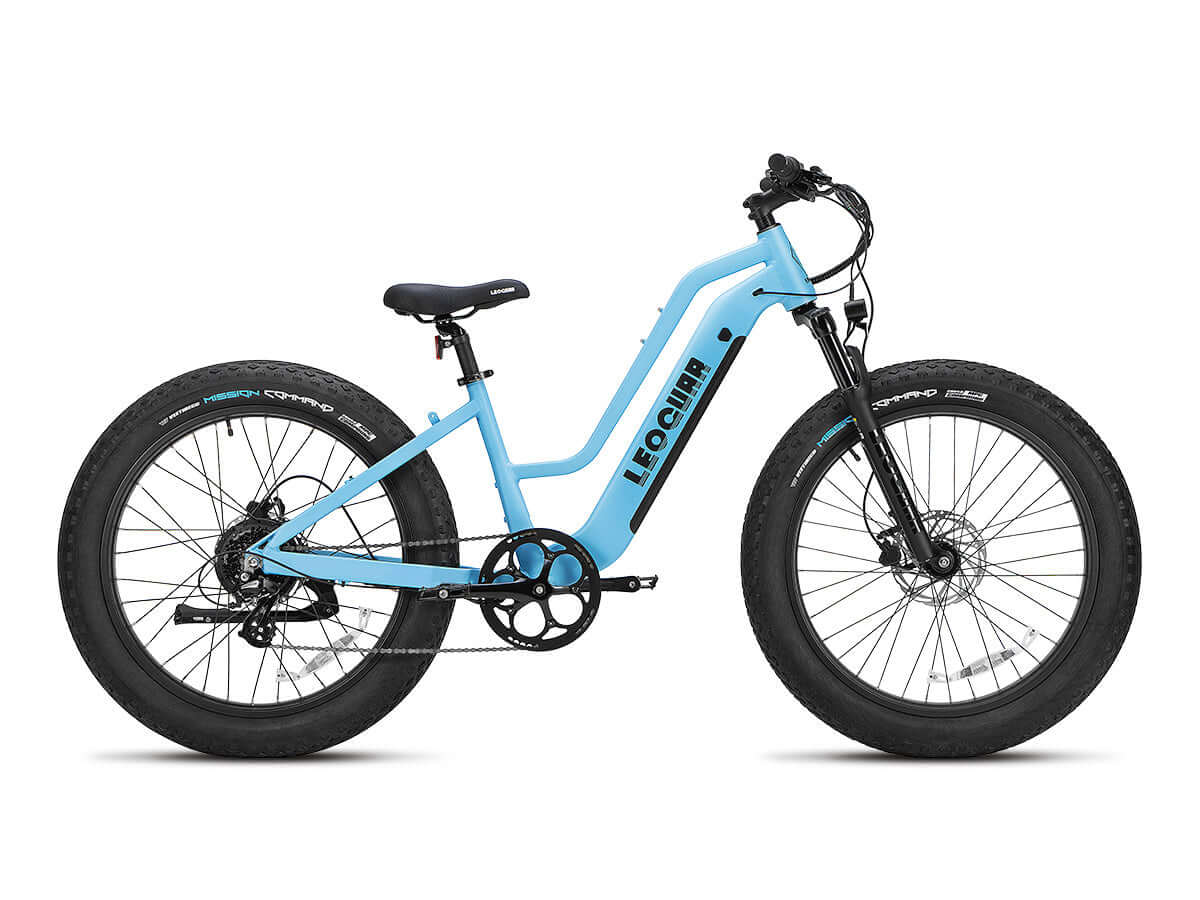







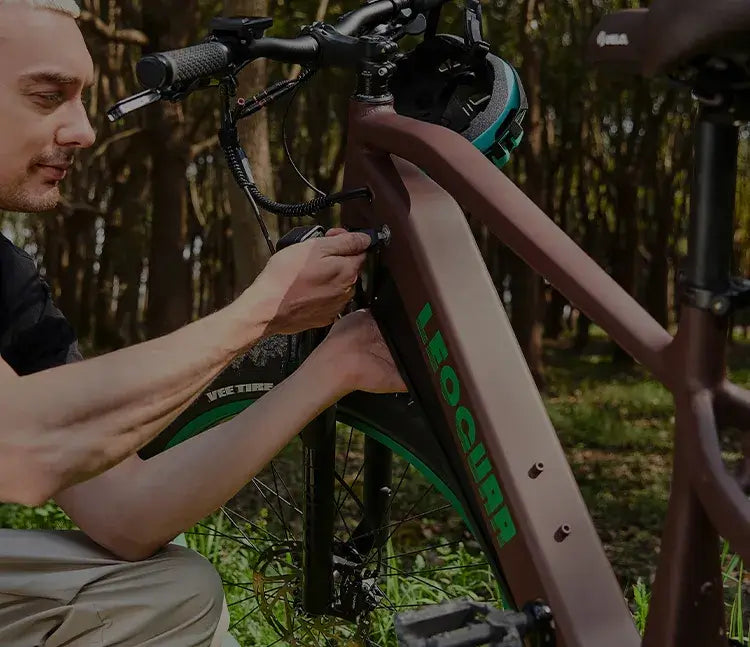
Leave a comment